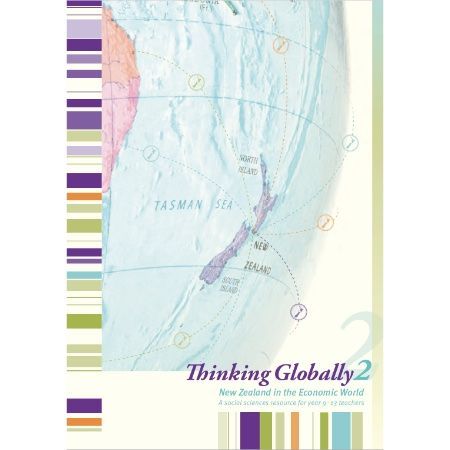Building conceptual understandings
Concepts are embedded in all the social science achievement objectives across the four conceptual strands of The New Zealand Curriculum. They are an essential part of teaching and learning in social sciences.
Approaches to Building Conceptual Understandings in the Social Sciences
This book provides ideas and examples of how teachers can build learners’ understanding of key social sciences concepts at levels 1–5 of the curriculum. It provides strategies and approaches for building conceptual understanding and considers the role of the social inquiry process in developing those understandings.
Visit Approaches to Building Conceptual Understandings in the Social Sciences
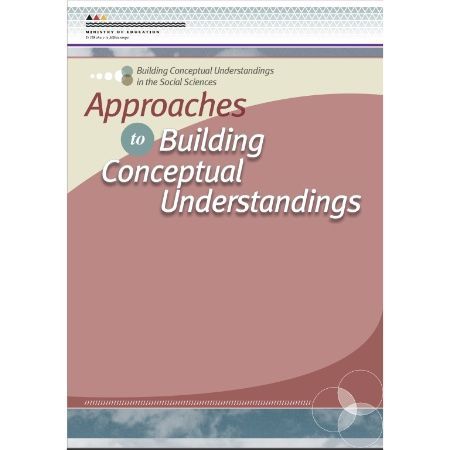
Approaches to Social Inquiry
This book, part of the Building Conceptual Understandings in the Social Sciences (BCUSS) series, describes a social inquiry approach to teaching and learning. It gives examples of how this approach can be applied in the classroom illustrating the social inquiry approach in more detail. Teachers can select from and adapt the ideas to develop their own programmes that use a social inquiry approach. Guiding questions are included that will support teachers as they do this.
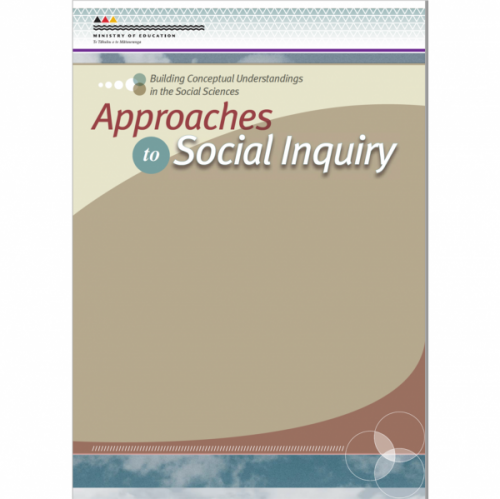
Belonging and participating in society
This book examines the social sciences concepts of belonging and participating in society. It includes unit outlines that illustrate some contexts and activities you could use with your students to develop these understandings.
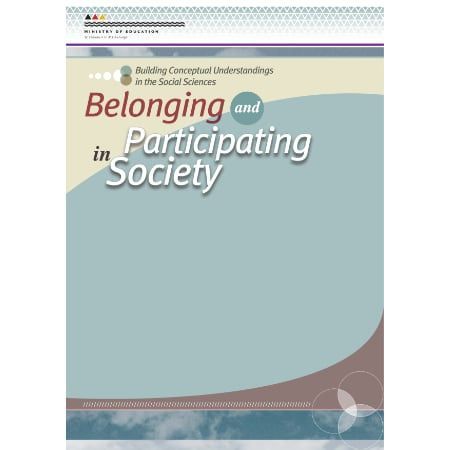
Being part of global communities
This book examines the social sciences concepts being part of global communities and globalisation. It includes three unit outlines that illustrate some contexts and activities you could use with your students to develop these understandings. This book provides examples of teaching and learning strategies and approaches, contexts, and activities.
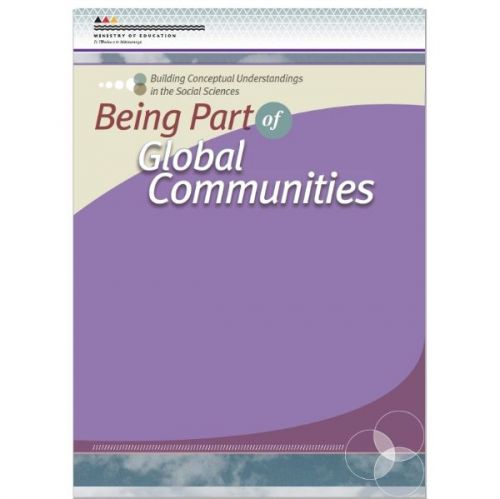
Taking part in Economic Communities
This book is about developing conceptual understandings in the social sciences and providing ways to develop students’ financial literacy in the context of a social sciences learning programme.
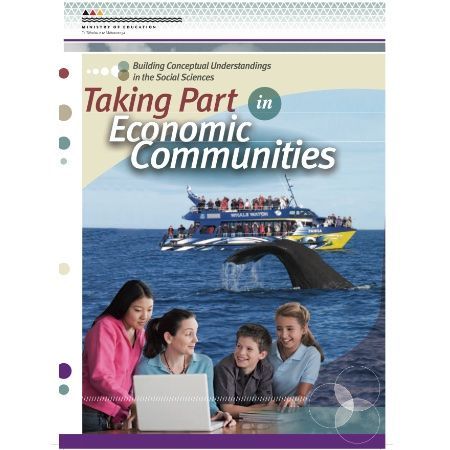
Thinking Globally 1
This book was developed for teachers of students in years 1–8 and aims to foster an appreciation of New Zealand’s place in the economic world and its role as part of the global economy.
NB: This book was developed prior to the release of The New Zealand Curriculum and may be used as a stimulus to develop units of work that align to the curriculum and meet the needs of students in your own classroom.
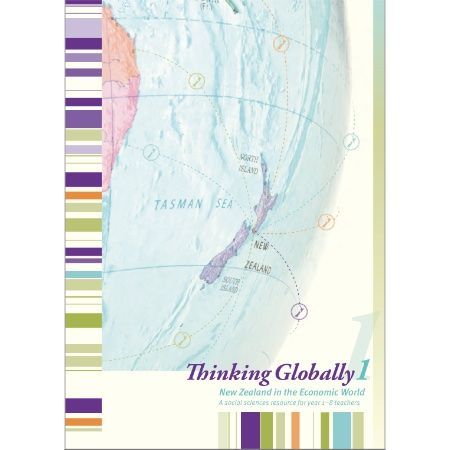
Thinking Globally 2
This book was developed for teachers of students in years 9-13 and aims to foster an appreciation of New Zealand’s place in the economic world and its role as part of the global economy.
NB: This book was developed prior to the release of The New Zealand Curriculum and may be used as a stimulus to develop units of work that align to the curriculum and meet the needs of students in your own classroom.
